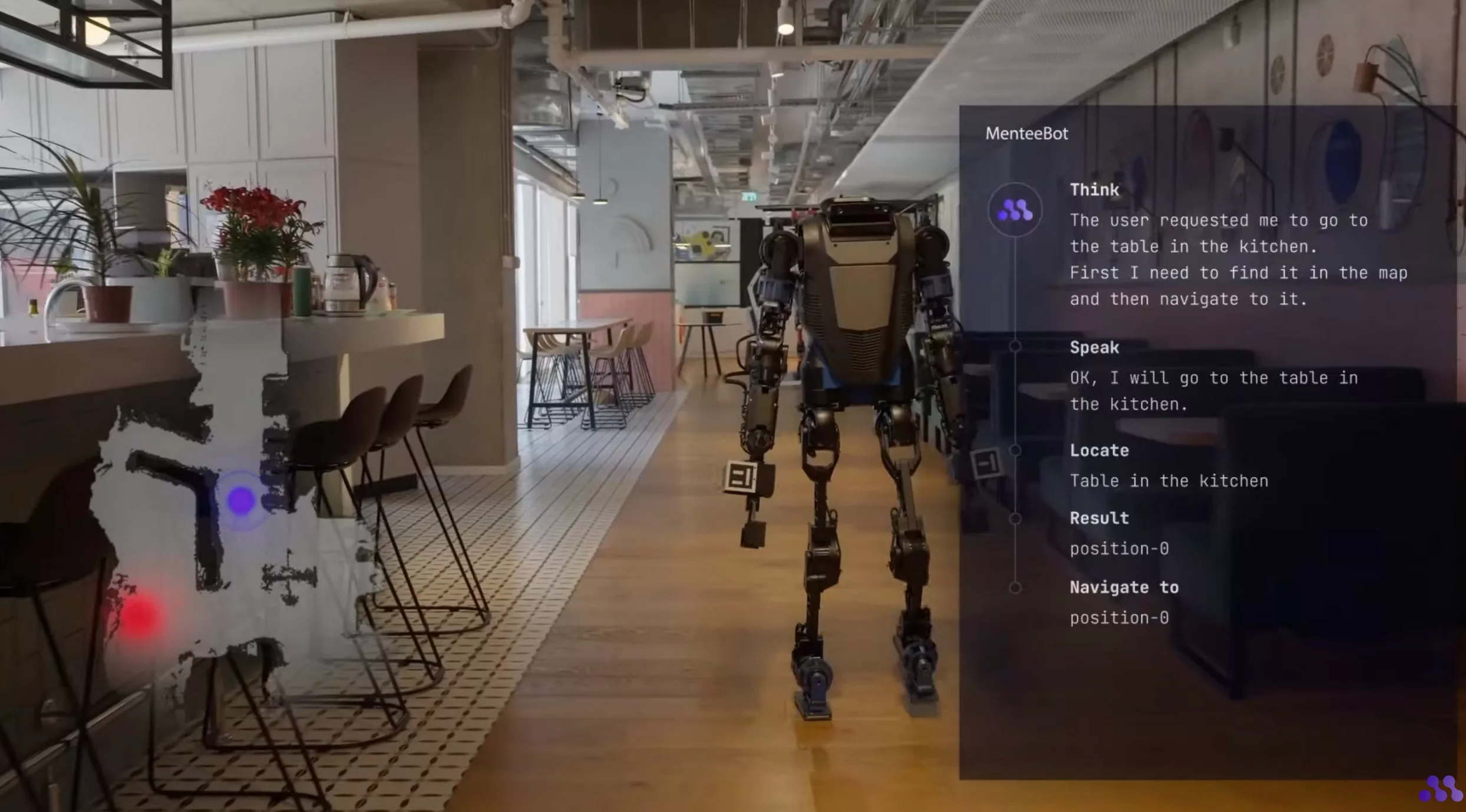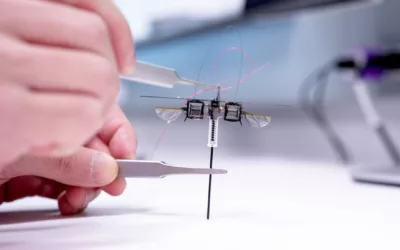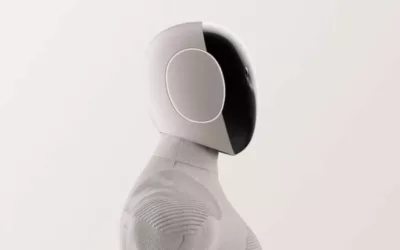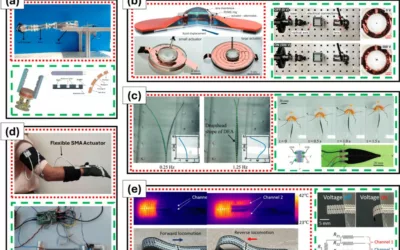Mentee Robotics, an emerging tech startup, has introduced its new robot, MenteeBot. This robot prototype boasts an impressive ability to execute various tasks upon receiving voice commands. Powered by advanced large language AI models (LLMs), MenteeBot autonomously navigates through tasks, making independent decisions along the way. Standing at a height of 5 feet 8 inches and weighing approximately 154 pounds, this robot is slated for release in early 2025, as per the company’s recent announcement.
Chairman Asmnon Shashua expressed his enthusiasm about the convergence of technologies driving Mentee Robotics’ endeavors. He emphasized the fusion of computer vision, natural language understanding, and robust simulators as pivotal in shaping the future of general-purpose bipedal robots. Shashua envisions MenteeBot as a versatile entity capable of human-like movement, equipped with the cognitive abilities to perform household chores and adapt through imitation learning.
Several demonstration videos showcase MenteeBot’s capabilities in action. From identifying and handling objects in an office setting to safely transporting them to designated spots, MenteeBot exhibits remarkable proficiency. Equipped with a communicative “voice,” the robot provides updates on task progress and confirms comprehension of instructions. Utilizing sophisticated algorithms, MenteeBot dynamically maps its surroundings in real-time, determining optimal pathways and evading obstacles seamlessly.
MenteeBot demonstrates dexterity in object manipulation, delicately handling fragile items and adjusting its gait according to load weight. Designed for diverse indoor environments, including warehouses and homes, MenteeBot offers tailored versions for specific tasks. With a carrying capacity of up to 55 pounds and a battery life of five hours.
MenteeBot’s creators highlight its innovative training methodology, leveraging simulation-to-reality (Sim2Real) machine learning. By simulating various scenarios, MenteeBot accumulates experience, transitioning to real-world applications. This approach mirrors recent advancements in AI, exemplified by Devin, an AI software engineer capable of tackling complex tasks.
The adoption of humanoid robots in industrial settings is gaining traction, with companies like Mercedes employing them on assembly lines. Meanwhile, Apple’s foray into AI-powered home robotics underscores the growing interest in domestic automation.








